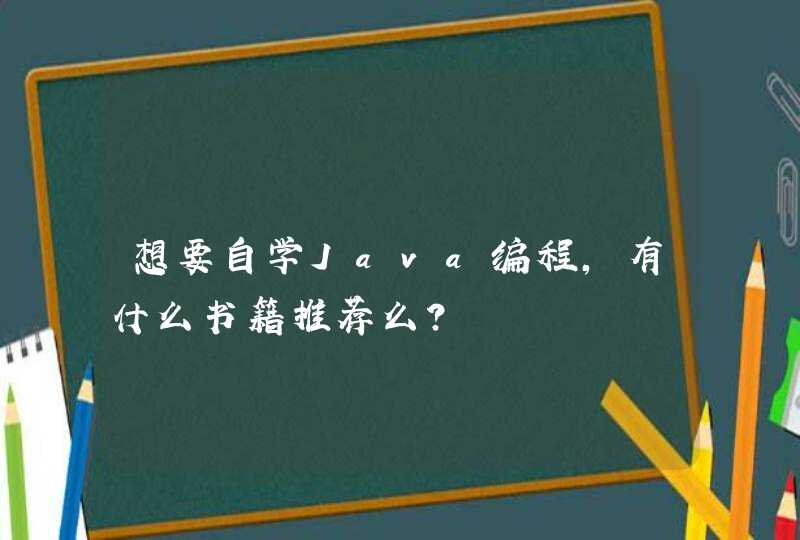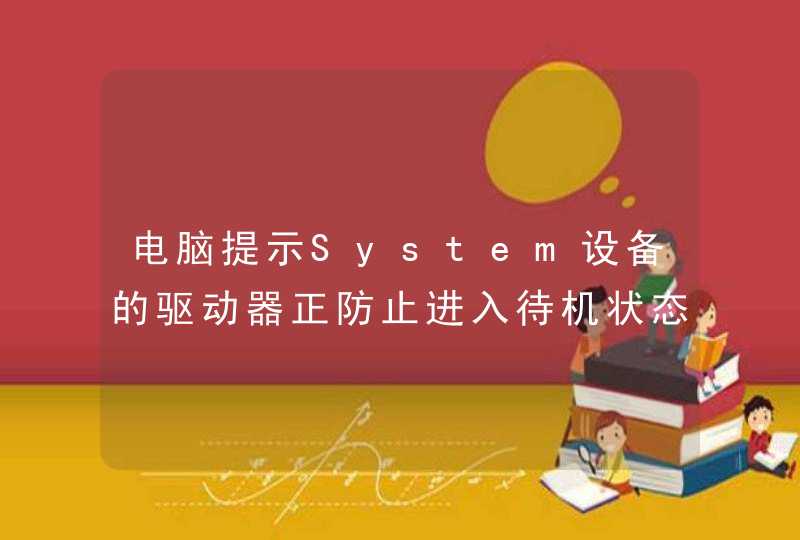
我们常用的浏览器有firefox和IE两种,firefox是selenium支持得比较成熟的浏览器。但是做页面的测试,速度通常很慢,严重影
响持续集成的速度,这个时候建议使用HtmlUnit,不过HtmlUnitDirver运行时是看不到界面的,对调试就不方便了。使用哪种浏览器,可以
做成配置项,根据需要灵活配置。
打开firefox浏览器:
//Create a newinstance of the Firefox driver
WebDriver driver = newFirefoxDriver()
打开IE浏览器
//Create a newinstance of the Internet Explorer driver
WebDriver driver = newInternetExplorerDriver ()
打开HtmlUnit浏览器
//Createa new instance of the Internet Explorer driver
WebDriverdriver = new HtmlUnitDriver()
1.3 打开测试页面
对页面对测试,首先要打开被测试页面的地址(如:http://www.google.com),web driver 提供的get方法可以打开一个页面:
// And now use thedriver to visit Google
driver.get("http://www.google.com")
1.4 GettingStarted
package org.openqa.selenium.example
import org.openqa.selenium.By
import org.openqa.selenium.WebDriver
import org.openqa.selenium.WebElement
import org.openqa.selenium.firefox.FirefoxDriver
import org.openqa.selenium.support.ui.ExpectedCondition
import org.openqa.selenium.support.ui.WebDriverWait
public class Selenium2Example {
public static voidmain(String[] args) {
// Create a newinstance of the Firefox driver
// Notice that theremainder of the code relies on the interface,
// not the implementation.
WebDriver driver = newFirefoxDriver()
// And now use this tovisit Google
driver.get("http://www.google.com")
// Alternatively thesame thing can be done like this
// driver.navigate().to("http://www.google.com")
// Find the text inputelement by its name
WebElement element =driver.findElement(By.name("q"))
// Enter something tosearch for
element.sendKeys("Cheese!")
// Now submit the form.WebDriver will find the form for us from the element
element.submit()
// Check the title ofthe page
System.out.println("Page title is: " + driver.getTitle())
// Google's search isrendered dynamically with JavaScript.
// Wait for the pageto load, timeout after 10 seconds
(newWebDriverWait(driver, 10)).until(new ExpectedCondition<Boolean>() {
public Booleanapply(WebDriver d) {
returnd.getTitle().toLowerCase().startsWith("cheese!")
}
})
// Should see:"cheese! - Google Search"
System.out.println("Page title is: " + driver.getTitle())
//Close the browser
driver.quit()
}
}
第2章Webdirver对浏览器的支持
2.1 HtmlUnit Driver
优点:HtmlUnit Driver不会实际打开浏览器,运行速度很快。对于用FireFox等浏览器来做测试的自动化测试用例,运行速度通常很慢,HtmlUnit Driver无疑是可以很好地解决这个问题。
缺点:它对JavaScript的支持不够好,当页面上有复杂JavaScript时,经常会捕获不到页面元素。
使用:
WebDriver driver = new HtmlUnitDriver()
2.2 FireFox Driver
优点:FireFox Dirver对页面的自动化测试支持得比较好,很直观地模拟页面的操作,对JavaScript的支持也非常完善,基本上页面上做的所有操作FireFox Driver都可以模拟。
缺点:启动很慢,运行也比较慢,不过,启动之后Webdriver的操作速度虽然不快但还是可以接受的,建议不要频繁启停FireFox Driver。
使用:
WebDriver driver = new FirefoxDriver()
Firefox profile的属性值是可以改变的,比如我们平时使用得非常频繁的改变useragent的功能,可以这样修改:
FirefoxProfile profile = new FirefoxProfile()
profile.setPreference("general.useragent.override", "some UAstring")
WebDriver driver = new FirefoxDriver(profile)
2.3 InternetExplorer Driver
优点:直观地模拟用户的实际操作,对JavaScript提供完善的支持。
缺点:是所有浏览器中运行速度最慢的,并且只能在Windows下运行,对CSS以及XPATH的支持也不够好。
使用:
WebDriver driver = new InternetExplorerDriver()
第3章使用操作
3.1 如何找到页面元素
Webdriver的findElement方法可以用来找到页面的某个元素,最常用的方法是用id和name查找。下面介绍几种比较常用的方法。
3.1.1 By ID
假设页面写成这样:
<input type="text" name="passwd"id="passwd-id" />
那么可以这样找到页面的元素:
通过id查找:
WebElement element = driver.findElement(By.id("passwd-id"))
3.1.2 By Name
或通过name查找:
WebElement element = driver.findElement(By.name("passwd"))
3.1.3 By XPATH
或通过xpath查找:
WebElement element =driver.findElement(By.xpath("//input[@id='passwd-id']"))
3.1.4 By Class Name
假设页面写成这样:
<div
class="cheese"><span>Cheddar</span></div><divclass="cheese"><span>Gouda</span></div>
可以通过这样查找页面元素:
List<WebElement>cheeses = driver.findElements(By.className("cheese"))
3.1.5 By Link Text
假设页面元素写成这样:
<ahref="http://www.google.com/search?q=cheese">cheese</a>>
那么可以通过这样查找:
WebElement cheese =driver.findElement(By.linkText("cheese"))
3.2 如何对页面元素进行操作
找到页面元素后,怎样对页面进行操作呢?我们可以根据不同的类型的元素来进行一一说明。
3.2.1 输入框(text field or textarea)
找到输入框元素:
WebElement element = driver.findElement(By.id("passwd-id"))
在输入框中输入内容:
element.sendKeys(“test”)
将输入框清空:
element.clear()
获取输入框的文本内容:
element.getText()
3.2.2 下拉选择框(Select)
找到下拉选择框的元素:
Select select = new Select(driver.findElement(By.id("select")))
选择对应的选择项:
select.selectByVisibleText(“mediaAgencyA”)
或
select.selectByValue(“MA_ID_001”)
不选择对应的选择项:
select.deselectAll()
select.deselectByValue(“MA_ID_001”)
select.deselectByVisibleText(“mediaAgencyA”)
或者获取选择项的值:
select.getAllSelectedOptions()
select.getFirstSelectedOption()
3.2.3 单选项(Radio Button)
找到单选框元素:
WebElement bookMode =driver.findElement(By.id("BookMode"))
选择某个单选项:
bookMode.click()
清空某个单选项:
bookMode.clear()
判断某个单选项是否已经被选择:
bookMode.isSelected()
3.2.4 多选项(checkbox)
多选项的操作和单选的差不多:
WebElement checkbox =driver.findElement(By.id("myCheckbox."))
checkbox.click()
checkbox.clear()
checkbox.isSelected()
checkbox.isEnabled()
3.2.5 按钮(button)
找到按钮元素:
WebElement saveButton = driver.findElement(By.id("save"))
点击按钮:
saveButton.click()
判断按钮是否enable:
saveButton.isEnabled ()
3.2.6 左右选择框
也就是左边是可供选择项,选择后移动到右边的框中,反之亦然。例如:
Select lang = new Select(driver.findElement(By.id("languages")))
lang.selectByVisibleText(“English”)
WebElement addLanguage =driver.findElement(By.id("addButton"))
addLanguage.click()
3.2.7 弹出对话框(Popup dialogs)
Alert alert = driver.switchTo().alert()
alert.accept()
alert.dismiss()
alert.getText()
3.2.8 表单(Form)
Form中的元素的操作和其它的元素操作一样,对元素操作完成后对表单的提交可以:
WebElement approve = driver.findElement(By.id("approve"))
approve.click()
或
approve.submit()//只适合于表单的提交
3.2.9 上传文件 (Upload File)
上传文件的元素操作:
WebElement adFileUpload = driver.findElement(By.id("WAP-upload"))
String filePath = "C:\test\\uploadfile\\media_ads\\test.jpg"
adFileUpload.sendKeys(filePath)
3.2.10 Windows 和 Frames之间的切换
一般来说,登录后建议是先:
driver.switchTo().defaultContent()
切换到某个frame:
driver.switchTo().frame("leftFrame")
从一个frame切换到另一个frame:
driver.switchTo().frame("mainFrame")
切换到某个window:
driver.switchTo().window("windowName")
3.2.11 拖拉(Drag andDrop)
WebElement element =driver.findElement(By.name("source"))
WebElement target = driver.findElement(By.name("target"))
(new Actions(driver)).dragAndDrop(element, target).perform()
3.2.12 导航 (Navigationand History)
打开一个新的页面:
driver.navigate().to("http://www.example.com")
通过历史导航返回原页面:
driver.navigate().forward()
driver.navigate().back()
当你修改那个隐藏字段的值时(你肯定是用JS改的吧?),同时修改那个 i 标记的text不就行了?用jQ写的话:var val = 1988
$('input[name="dateForm.year"]').val(val)// 这段代码你应该已经写了
$('.sVal').text(val)// 再加上这段,但请注意class为sVal的标记应该只有这一个,否则……
如果你不想用jQ,当然也没问题,但需要稍微多写点兼容代码(该死的IE8!),如果需要请追问。



































































